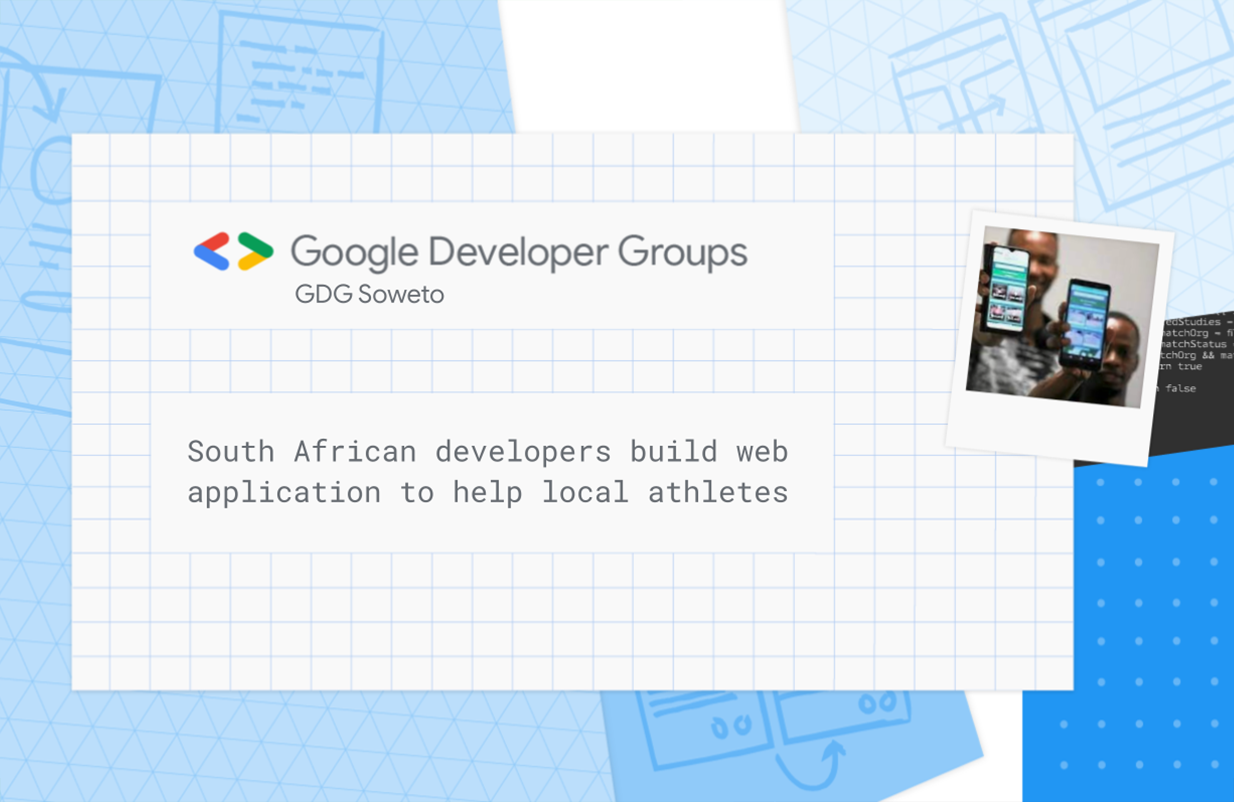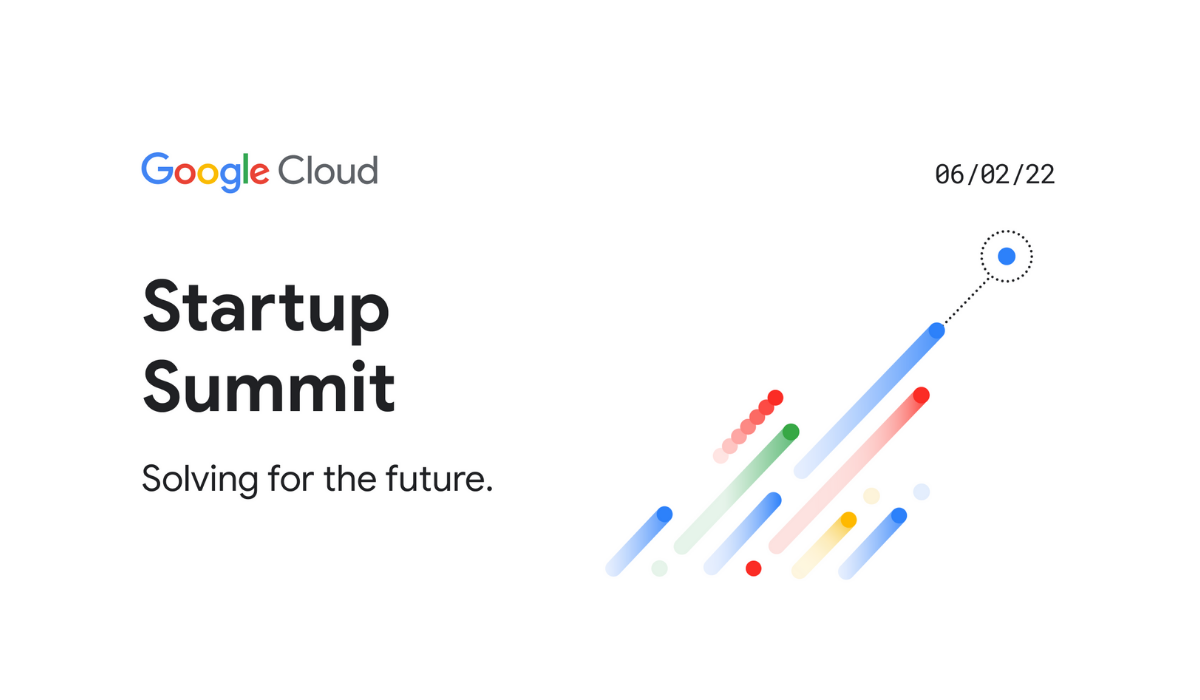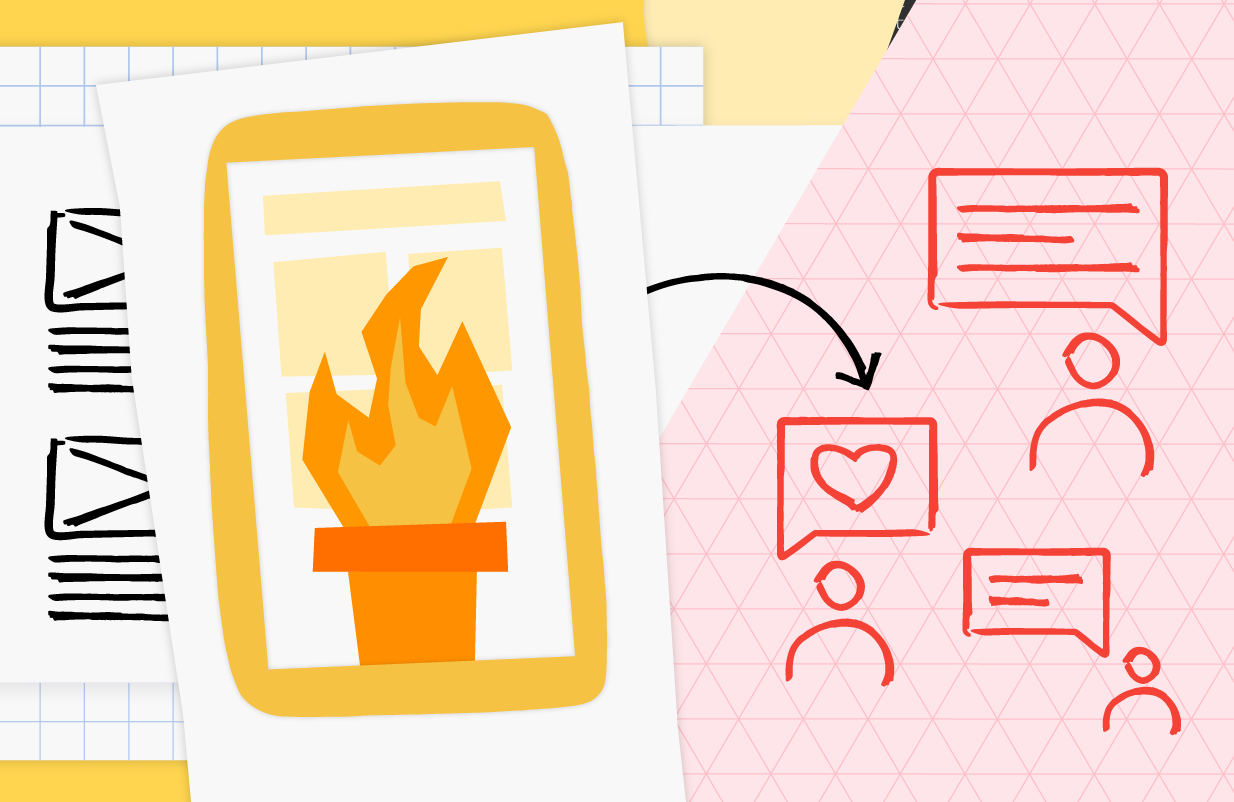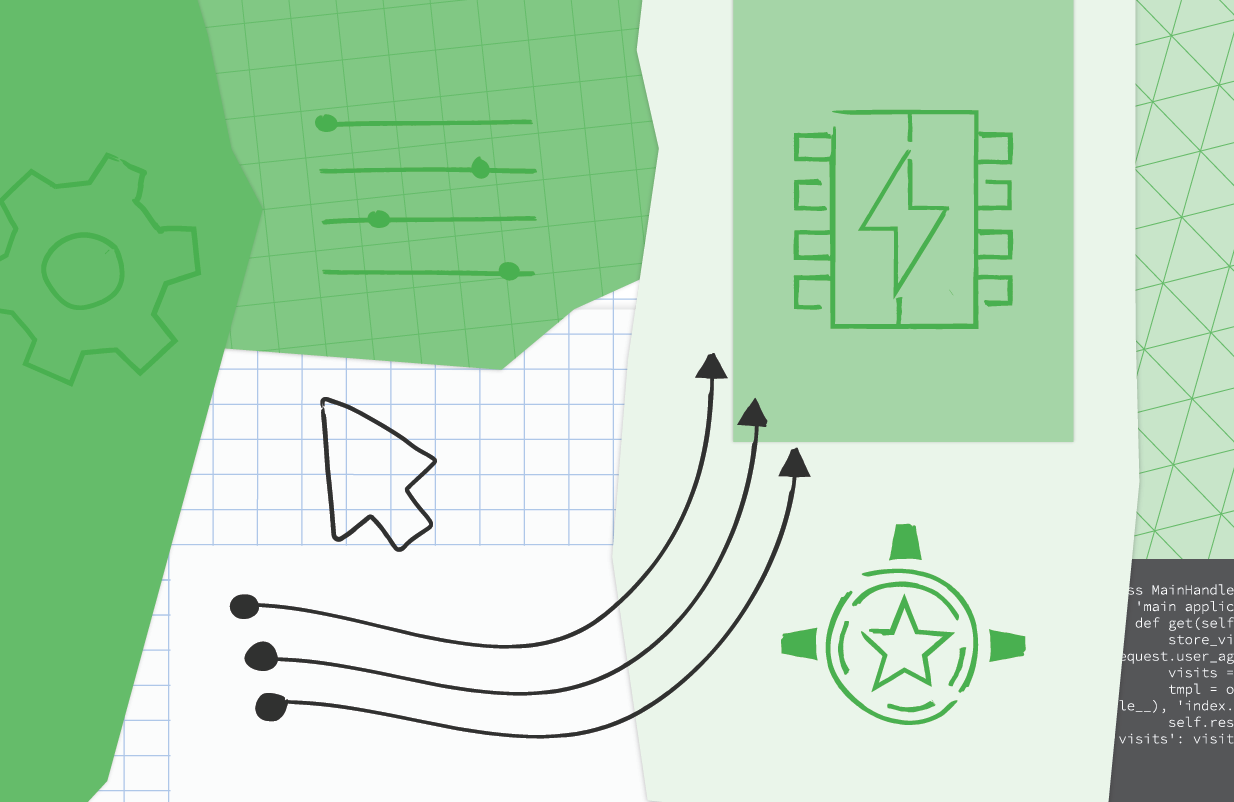

Posted by Google Developer Studio
In recognition of Asian American and Pacific Islander Heritage Month, we are speaking with mentors and leaders in tech and who identify as part of the AAPI community. Many of the influential figures we feature are involved with and help champion inclusivity programs like Google Developer Experts and Google Developer Student Clubs, while others work on leading in product areas like TensorFlow and drive impact through their line of work and communities.
On that note, we are honoring this year’s theme of “Advancing Leaders Through Collaboration” by learning more about the power of mentorship, advice they’ve received from other leaders, and their biggest accomplishments.
Read more about leads in the AAPI community below.
Ben Hong
Senior Staff Developer Experience Engineer at Netlify
What’s the best piece of advice you can offer new/junior developers looking to grow into leadership roles?
There is a lot of advice out there on how to get the most out of your career by climbing the ladder and getting leadership roles. Before you embark on that journey, first ask yourself the question "Why do I want this?"
Becoming a leader comes with a lot of glitz and glamor, but the reality is that it carries a huge weight of responsibility because the decisions and actions you take as a leader will impact the lives of those around you in significant ways you can't foresee.
As a result, the key to becoming the best leader you can be is to:
- Establish what your values and principles are
- Align them to the actions you take each and every day
Because at the end of the day, leaders are often faced with difficult decisions that lead to an uncertain future. And without core values and principles to guide you as an individual, you run the risk of being easily swayed by short term trade offs that could result in a long term loss.
This world needs leaders who can stand their ground against the temptations of short-term wins and make the best decisions they can while fighting for those that follow them. If you stand firm in your values and listen to those around you, you'll be able to create profound impact in your community.
Taha Bouhsine
Data Scientist and GDSCUIZ Lead
What’s the best piece of advice you can offer new/junior developers looking to grow into leadership roles?
Create a journey worth taking. You will face many challenges and a new set of problems. You will start asking a lot of questions as everything seems to be unfamiliar.
Things get much lighter if you are guided by a mentor, as you will get guidance on how to act in this new chapter of life. In your early days, invest as much as you can in building and nurturing a team, as it will save you a lot of time along the road. Surround yourself with real people who take the initiative, get to the action, and are willing to grow and learn, nurture their skills and guide them towards your common goal. Don't try to be a people pleaser as it's an impossible mission.
Your actions will offend some people one way or the other. That’s ok as you should believe in your mission, create a clear plan with well-defined tasks and milestones, and be firm with your decision. In the end, responsibility is yours to bear, so at least take it on something you decided, not something that was forced upon you by others.
Finally, when there is fire, look for ways to put it out. Take care of your soul, and enjoy the journey!
Huyen Tue Dao
Android Developer, Trello
What do you love most about being a part of the developer community?
It has been the most rewarding and critical part of my career to meet other developers, learning and sharing knowledge and getting to know them as human beings.
Development is a job of constant learning, whether it is the latest technology, trends, issues, and challenges or the day-to-day intricacies and nuances of writing specialized code and solving problems in efficient and elegant ways. I don't think I'd have the tools to solve issues large and small without the sharing of knowledge and experience of the developer community. If you're having a problem of any kind, chances are that someone has had the same challenges. You can take comfort that you can probably find the answer or at least find people that can help you. You can also feel confident that if you discovered something new or learned important lessons, someone will want to hear what you have to say.
I love seeing and being part of this cycle and interchange; as we pool our experience, our knowledge, and insights, we become stronger and more skilled as a community. I would not be the engineer or person that I am without the opportunities of this exchange.
Just as important, though, is the camaraderie and support of those who do what I do and love it. I have been so fortunate to have been in communities that have been open and welcoming, ready to make connections and form networks, eager to celebrate victories and commiserate with challenges. Regardless of the technical and personal challenges of the everyday that may get to me, there are people that understand and can support me and provide brilliantly diverse perspectives of different industries, countries, cultures, and ages.
Malak Magdy Ali
Google Developer Student Club Lead at Canadian International College, Egypt
What’s the best piece of advice you can offer new/junior developers looking to grow into leadership roles?
The best piece of advice I can give to new leaders is to have empathy. Having empathy will make you understand people’s actions and respect their feelings. This will make for stronger teams.
Also, give others a space to lead. Involve your team in making decisions; they come up with great ideas that can help you and teammates learn from each other. In this process, trust is also built, resulting in a better quality product.
Finally, don't underestimate yourself. Do your best and involve your team to discuss the overall quality of your work and let them make recommendations.























